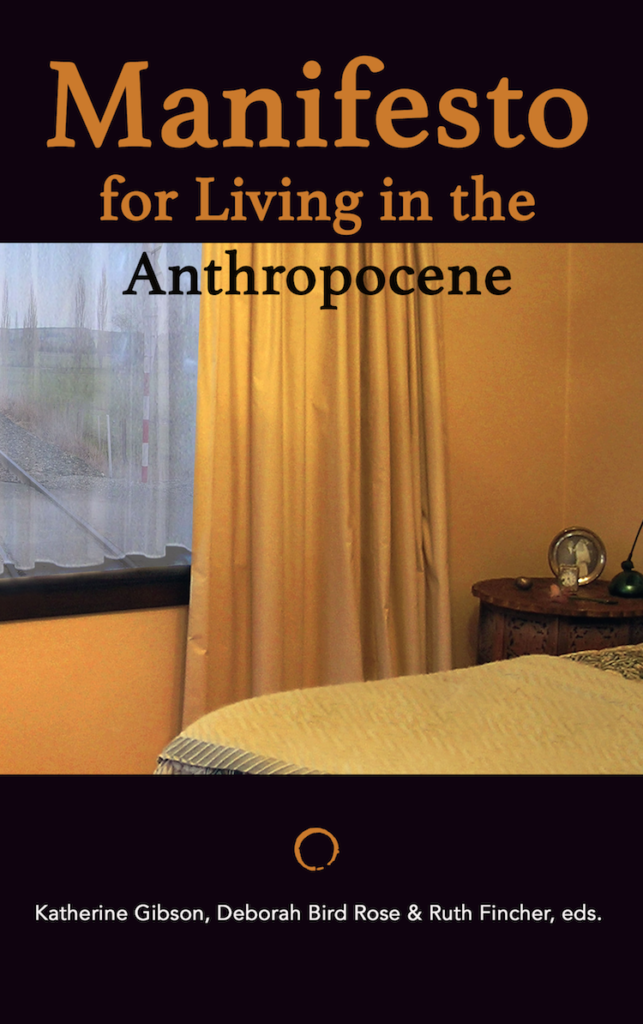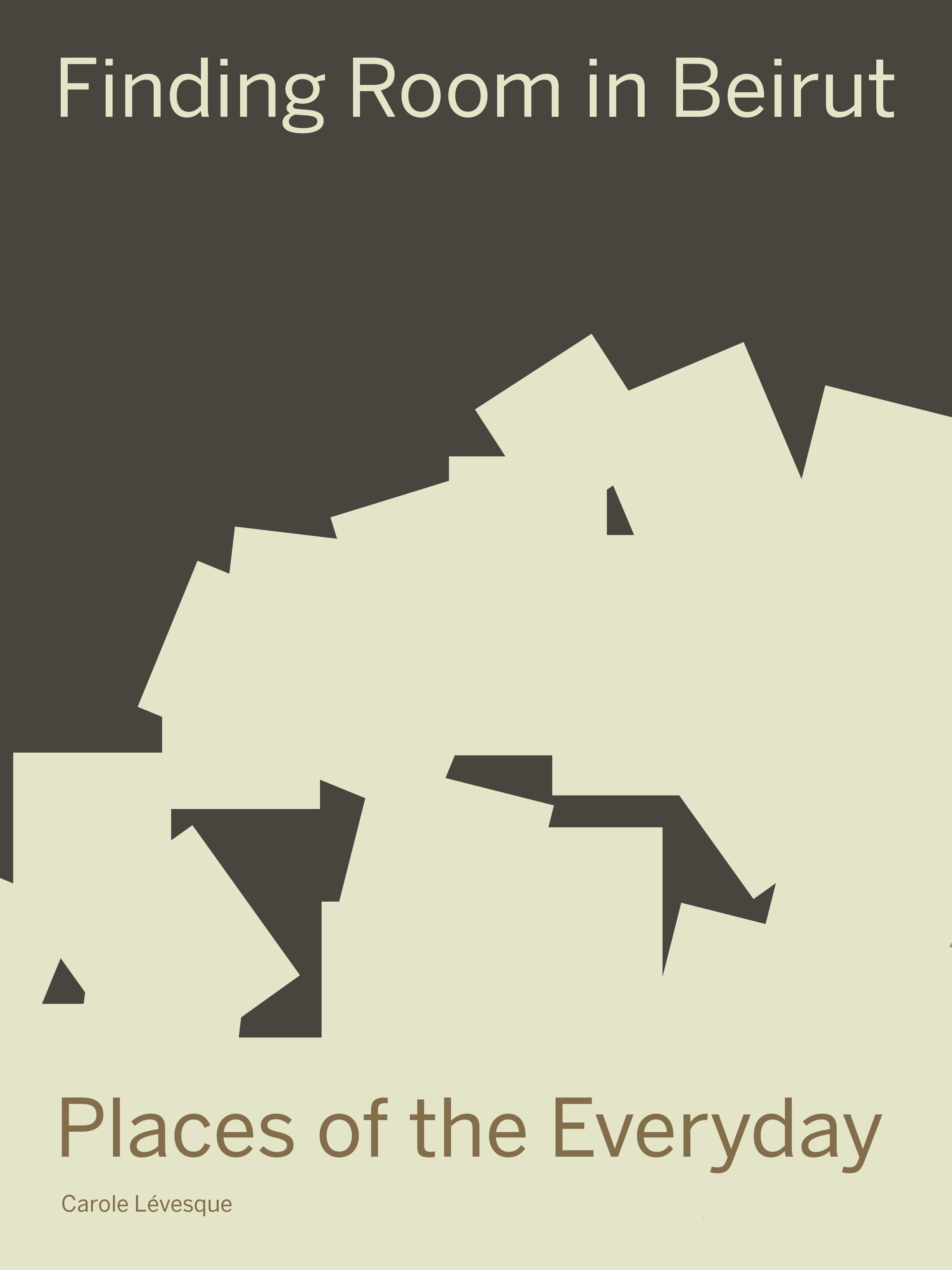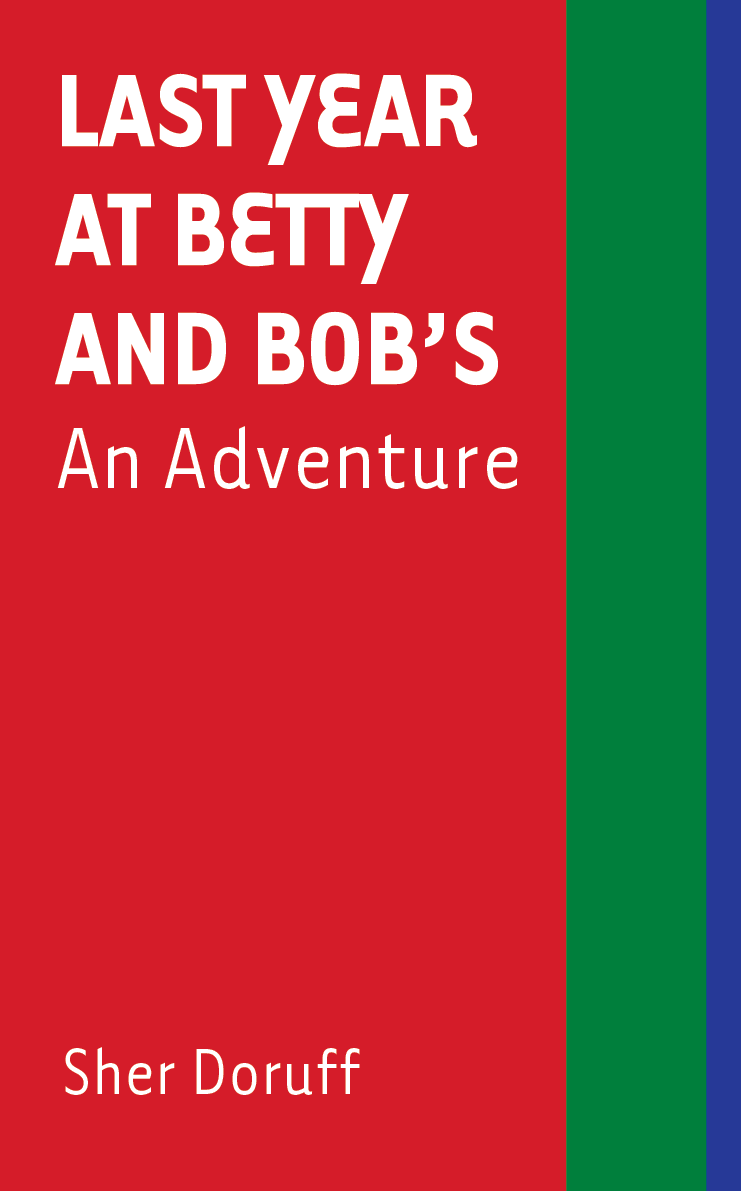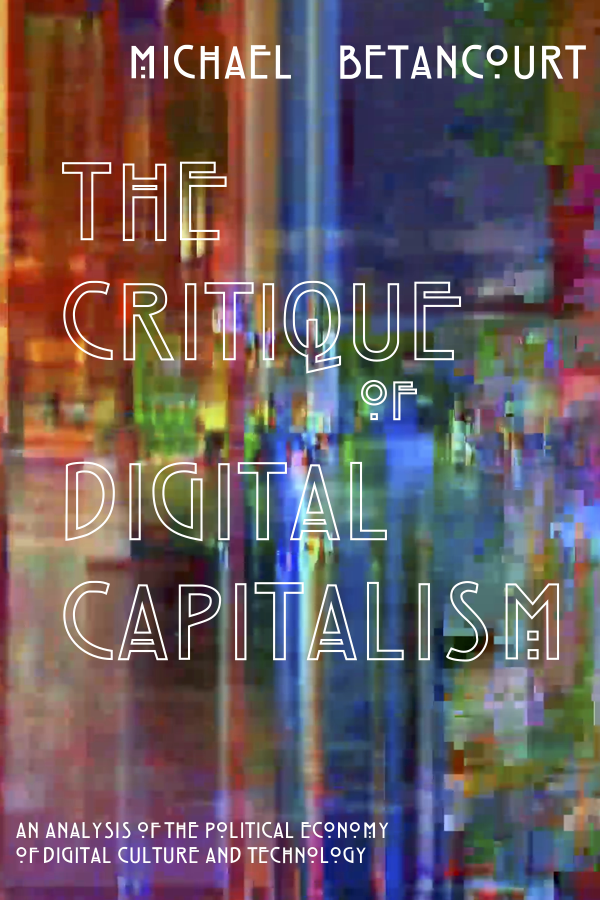The recent 10,000 year history of climatic stability on Earth that enabled the rise of agriculture and domestication, the growth of cities, numerous technological revolutions, and the emergence of modernity is now over. We accept that in the latest phase of this era, modernity is unmaking the stability that enabled its emergence. Over the 21st century severe and numerous weather disasters, scarcity of key resources, major changes in environments, enormous rates of extinction, and other forces that threaten life are set to increase. But we are deeply worried that current responses to these challenges are focused on market-driven solutions and thus have the potential to further endanger our collective commons. Today public debate is polarized. On one hand we are confronted with the immobilizing effects of knowing “the facts” about climate change. On the other we see a powerful will to ignorance and the effects of a pernicious collaboration between climate change skeptics and industry stakeholders. Clearly, to us, the current crisis calls for new ways of thinking and producing knowledge. Our collective inclination has been to go on in an experimental and exploratory mode, in which we refuse to foreclose on options or jump too quickly to “solutions.”
In this spirit we feel the need to acknowledge the tragedy of anthropogenic climate change. It is important to tap into the emotional richness of grief about extinction and loss without getting stuck on the “blame game.” Our research must allow for the expression of grief and mourning for what has been and is daily being lost. But it is important to adopt a reparative rather than a purely critical stance toward knowing. Might it be possible to welcome the pain of “knowing” if it led to different ways of working with non-human others, recognizing a confluence of desire across the human/non-human divide and the vital rhythms that animate the world? Our discussions have focused on new types of ecological economic thinking and ethical practices of living. We are interested in:
- Resituating humans within ecological systems
- Resituating non-humans in ethical terms
- Systems of survival that are resilient in the face of change
- Diversity and dynamism in ecologies and economies
- Ethical responsibility across space and time, between places and in the future
- Creating new ecological economic narratives.
Starting from the recognition that there is no “one size fits all” response to climate change, we are concerned to develop an ethics of place that appreciates the specificity and richness of loss and potentiality. While connection to earth others might be an overarching goal, it will be to certain ecologies, species, atmospheres and materialities that we actually connect. We could see ourselves as part of country, accepting the responsibility not forgotten by Indigenous people all over the world, of “singing” country into health. This might mean cultivating the capacity for deep listening to each other, to the land, to other species and thereby learning to be affected and transformed by the body-world we are part of; seeing the body as a center of animation but not the ground of a separate self; renouncing the narcissistic defense of omnipotence and an equally narcissistic descent into despair.
We think that we can work against singular and global representations of “the problem” in the face of which any small, multiple, place-based action is rendered hopeless. We can choose to read for difference rather than dominance; think connectivity rather than hyper-separation; look for multiplicity — multiple climate changes, multiple ways of living with earth others. We can find ways forward in what is already being done in the here and now; attend to the performative effects of any analysis; tell stories in a hopeful and open way — allowing for the possibility that life is dormant rather than dead. We can use our critical capacities to recover our rich traditions of counter-culture and theorize them outside the mainstream/alternative binary. All these ways of thinking and researching give rise to new strategies for going forward. Think of the chapters of this book as tentative hoverings, as the fluttering of butterfly wings, scattering germs of ideas that can take root and grow.





3 thoughts on “Manifesto for Living in the Anthropocene”